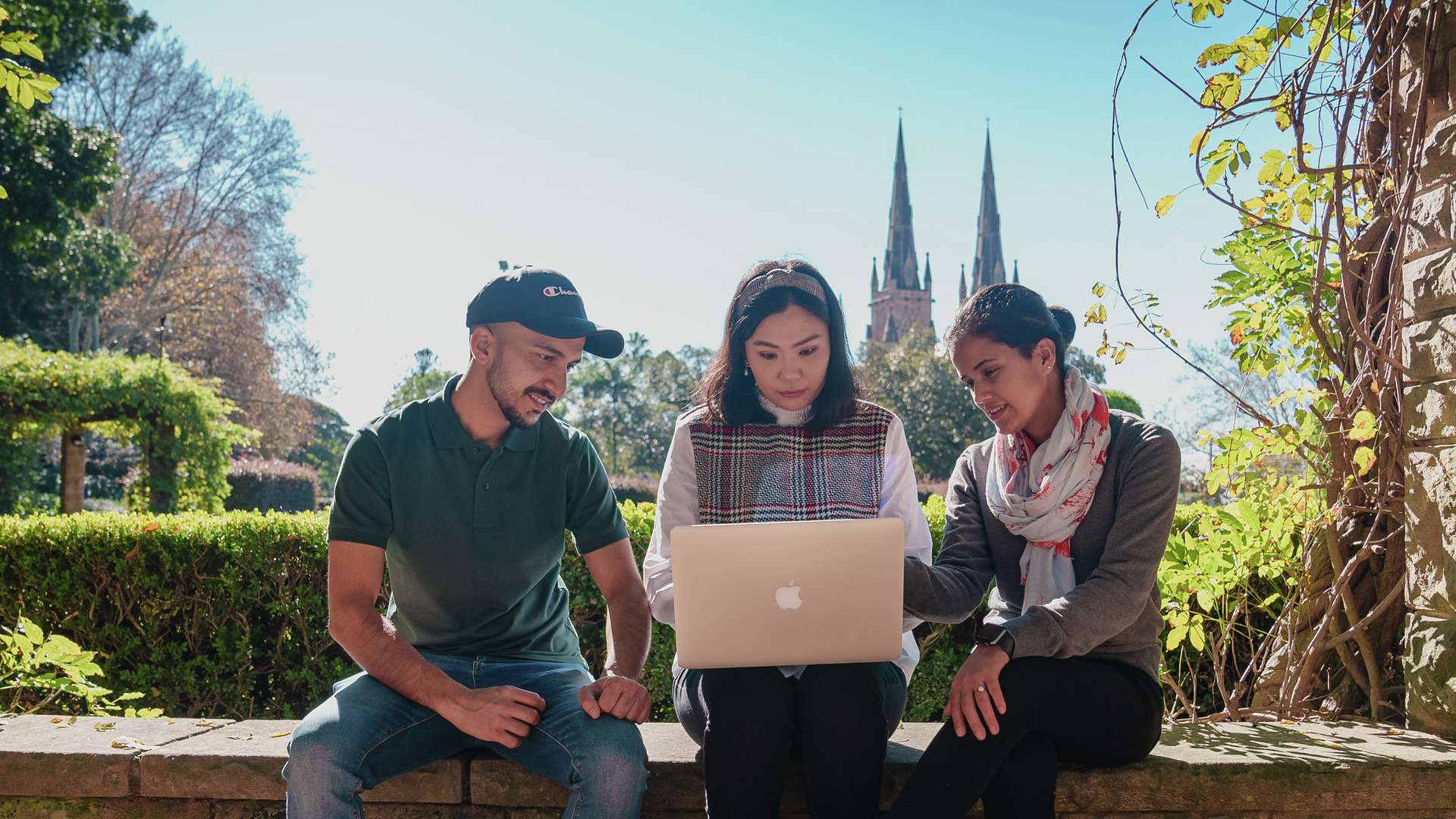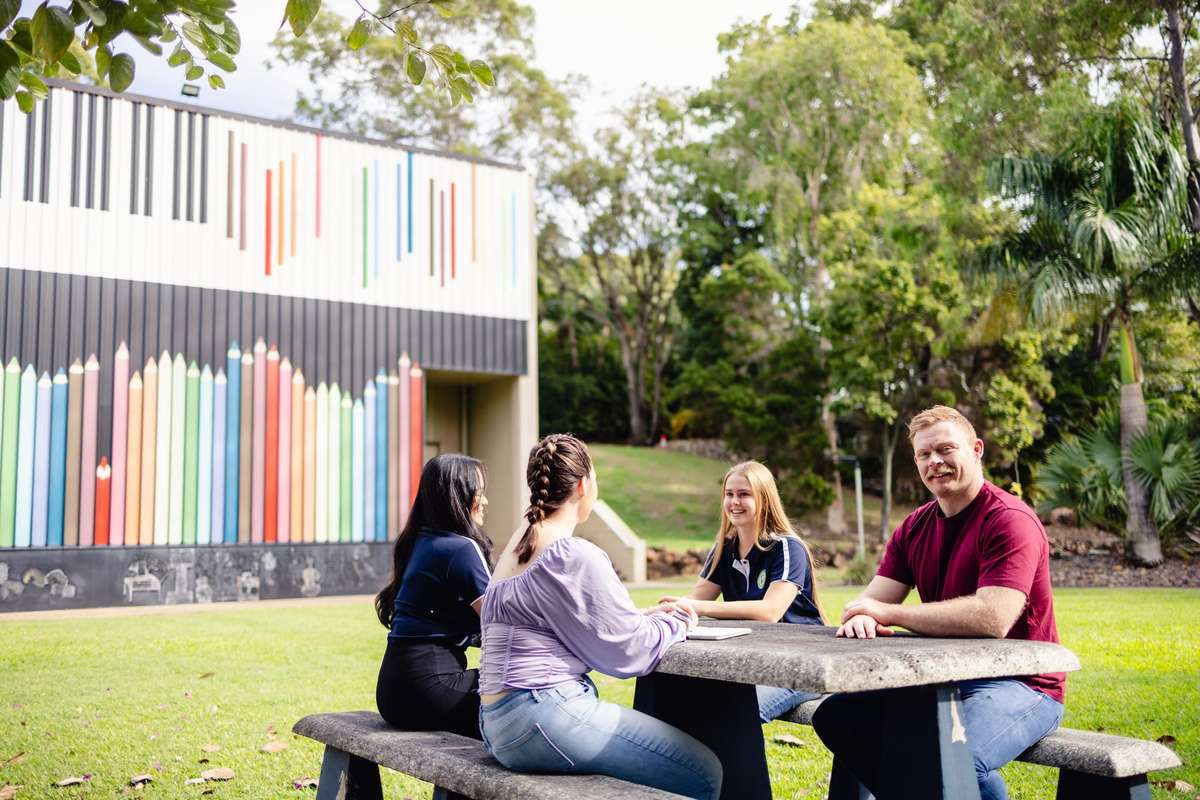
At CQUniversity, academic integrity means acting with honesty and responsibility in your studies. As a student, it’s your responsibility to:
By developing these habits, you strengthen your learning, protect the value of your degree, and prepare for ethical practice beyond university. The Student Academic Integrity Policy and Procedure outlines CQUniversty’s approach to upholding academic integrity.

Academic integrity is about building confidence in the skills and knowledge you’ve worked hard to achieve. When you approach your studies with honesty and responsibility, you’re not just earning grades — you’re developing the habits of trust, professionalism, and resilience that employers value.
By doing your own work and acknowledging others, you protect the value of your qualification, can graduate with confidence in your abilities, and carry forward a reputation of integrity that benefits you well beyond university.
Understanding what academic integrity looks like in practice also means being aware of the behaviours that can put it at risk. The following outlines the main types of breaches and how they are defined at CQUniversity.
Plagiarism is presenting someone else’s ideas, words, data, or creative work as your own, without giving appropriate credit to the original source.
Plagiarism could look like:
Self-plagiarism is the unauthorised reuse of work that you have previously submitted or published, without prior approval or proper referencing.
Self-plagiarism could look like:
Collusion is unauthorised collaboration between individuals or groups that results in the submission of work that is not solely the student/groups own.
Collusion could look like:
Cheating is when you fail to comply with the requirements, conditions, or instructions set out for completing an assessment task (including in exams, tests, or supervised assessments).
Cheating could look like:
Contract Cheating occurs when you outsource the production of assessable work to a third party and submit it as your own. Contract Cheating doesn’t always involve an exchange of money.
Contract cheating could look like:
Learning to use GenAI ethically is a valuable skill that will support your studies and future. Check your unit profile and assessment briefs for what’s allowed. If you’re ever unsure, contact your Unit Coordinator or Vocational Teacher.
Inappropriate use of GenAI could look like:
Collaboration is when you appropriately work with others to share ideas, study, or prepare for learning. This is encouraged when it is allowed by your unit or assessment instructions.
Collusion happens when students work together in ways that are not permitted — such as sharing answers, co-writing individual assignments, or using someone else’s work.
In short: collaboration helps you learn, but collusion undermines your learning and can be a breach of academic integrity.
Reusing your own previous assignments (called self-plagiarism) is usually not allowed unless your Unit Coordinator has given permission. Even though it’s your work, each assessment is designed to test new learning. If you want to build on ideas you’ve already explored, you need to reference your earlier work or seek approval first. When in doubt — always ask before you reuse.
Generative AI can be a useful tool, but it isn’t always permitted. Each unit or assessment will give clear instructions about whether it may be used and how. If it is permitted, you must acknowledge it properly, just like any other source. If you’re unsure, check your unit outline or ask your Unit Coordinator.
If you’re ever unsure about the rules for an assessment, check your unit profile, assessment briefs, or talk to your Unit Coordinator or Vocational Teacher. When in doubt, asking questions shows responsibility, not weakness, and helps you avoid unintentional mistakes. The staff here at CQUniversity – whether academic or professional – are here to help guide you and find the information you need.
CQUniversity Australia is a trading name of Central Queensland University
ABN: 39 181 103 288
RTO Code: 40939
CRICOS: 00219C
TEQSA: PRV12073